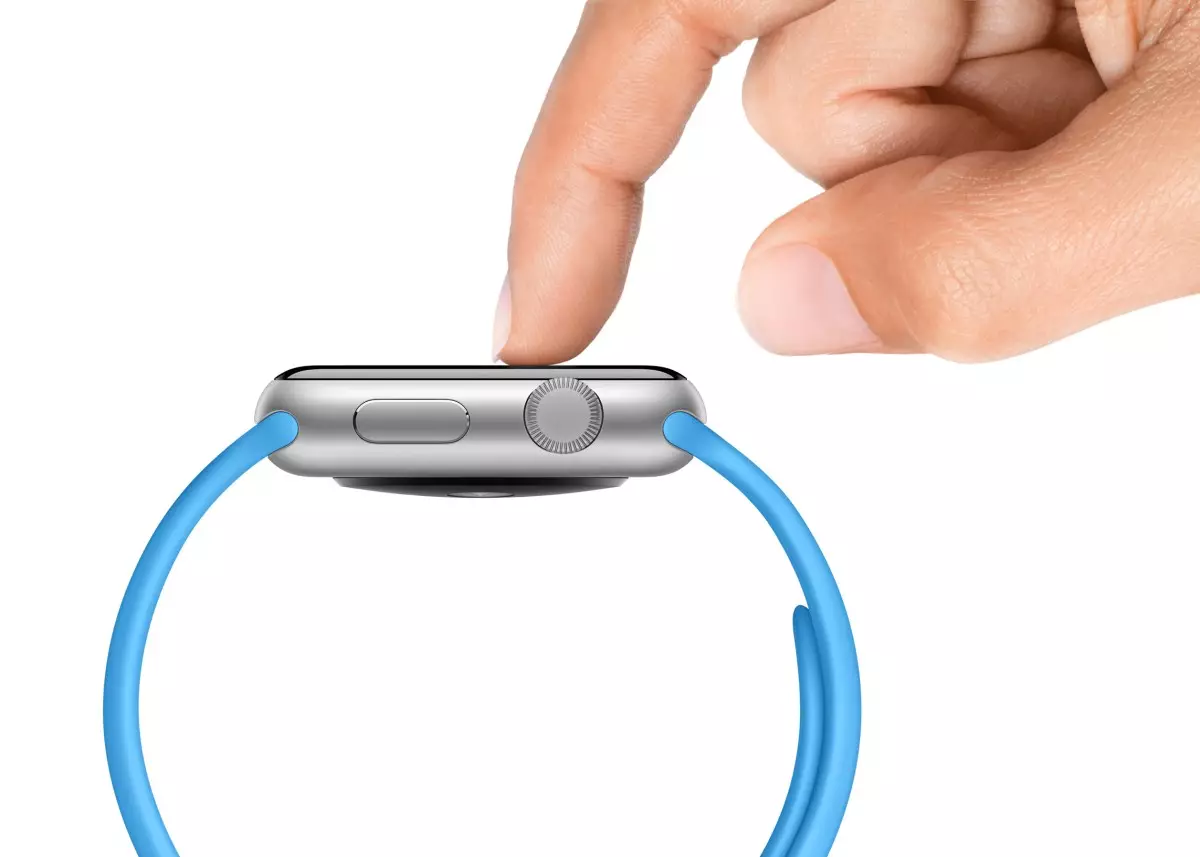In 2019, a class-action lawsuit was initiated in the U.S. District Court for the Northern District of California against tech giant Apple, alleging a significant design flaw affecting the battery systems of its earliest Apple Watch models. This lawsuit specifically targeted the first four iterations of the Apple Watch, claiming that users experienced battery swelling—a dangerous phenomenon where lithium-ion batteries overheat and expand, potentially damaging both the battery and surrounding components. The high-profile nature of the case put a spotlight on Apple’s perceived dedication to customer safety, raising critical questions about its product integrity.
Battery swelling is an alarming issue, characterized by the accumulation of heat and gas within a lithium-ion battery. As this pressure builds, the battery can swell and potentially rupture, leading to device failure or a hazardous situation for users. In electronics—where size and compact design are paramount—such swelling can wreak havoc, resulting in damage to critical components or even posing fire risks. This phenomenon impacts consumer trust in a brand renowned for its reliability and innovation, highlighting the delicate balance electronics manufacturers must maintain between cutting-edge technology and consumer safety.
Despite agreeing to a substantial $20 million settlement, Apple maintains a firm denial of any wrongdoing related to the battery issues. In official statements, the company emphasizes that the decision to settle is not an acknowledgment of guilt but rather a strategic move to avoid extended legal costs. Apple asserts that its products are designed to prioritize safety and reliability and that the early-generation Apple Watch models in question are no longer part of its active retail lineup. Apple underscores its defense against the lawsuit, claiming it disputes the allegations made and asserts no prior battery issues have been substantiated.
Under the proposed settlement, individuals who experienced battery swelling and reported the issue to Apple customer service between April 24, 2015, and February 6, 2024, may be eligible for compensation. The settlement applies only to U.S. residents and offers tiered compensation ranging from $20 to $50, depending on the number of complaints filed by the individual. Notifications regarding the settlement will be sent via postcard or email, ensuring that impacted parties are informed of their eligibility.
This resolution arrives on the heels of another significant legal action in the tech industry, specifically involving Google-owned Fitbit, which faced a $12.25 million penalty due to overheating issues with its Ionic smartwatch. Such settlements underscore an increasing scrutiny on tech companies regarding consumer safety and product reliability. With the continuing evolution of technology, individuals are becoming more vigilant about product performance, establishing a precedent for accountability within the industry.
The implications of this settlement reach beyond mere financial compensation; they represent a culture shift where tech giants must balance innovation with accountability. As more consumers become aware of their rights and the potential hazards associated with electronic devices, companies like Apple may need to reassess their design practices and customer service protocols. Ultimately, this case highlights the ongoing conversation regarding manufacturer responsibility and consumer protection in an increasingly complicated tech landscape.

